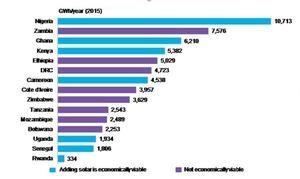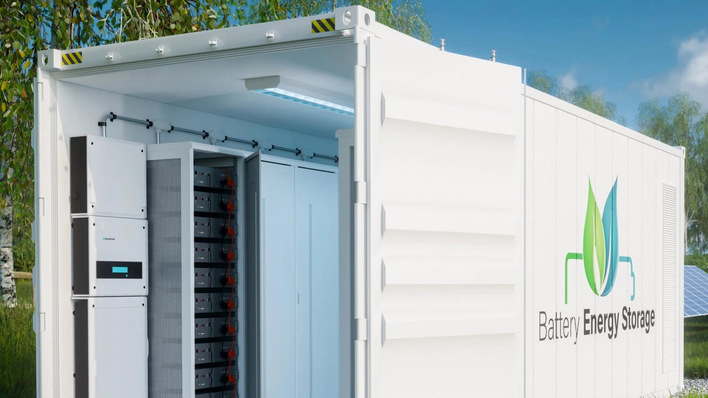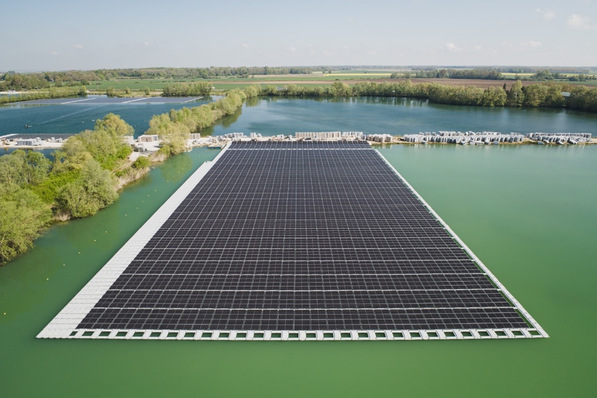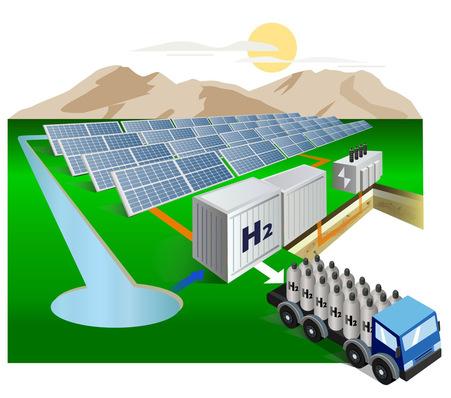The report entitled “Solar for Businesses in Sub-Saharan Africa” finds that the commercial and industrial (C&I) solar sector in Sub-Saharan Africa is growing not because of regulatory support – as has been the case in many developed economies – but because of economics. On-site solar power is cheaper than the electricity tariffs paid by commercial or industrial clients in 7 out of 15 markets in Sub-Saharan Africa studied by BNEF.
Record number of installations
“While the market is still small, it has great potential,” explained co-author Takehiro Kawahara, lead frontier power analyst at BNEF. “An immense energy deficit and crumbling infrastructure makes Sub-Saharan Africa fertile ground for solar. As of November 2018, developers built a record number of 74 MW serving business customers directly, offering them cheaper power than the grid. Kenya, Nigeria, and Ghana installed 15MW, 20MW, and 7MW respectively as of November 2018.

Huge opportunities for the financing sector
According to the authors, the financial sector has yet to take on a major role in providing funding for C&I solar systems. So far, most business customers have bought systems for cash, without using third-party finance. There are, however, big opportunities for specialized financiers in the region to do more.
Growing commerical and industrial applications
Responsibility managed funds have financed the off-grid solar sector in Sub-Saharan Africa for five years, focusing primarily on residential customers. The company expects solar to be increasingly deployed on C&I sites, where it often complements diesel power generation.
Antoine Prédour, head of energy debt at Responsability, underlined: “Electricity outages are commonplace across most of Sub-Saharan Africa. When the grid is out, customers must either shoulder high opportunity costs from lost sales or manufacturing output, or resort to much costlier backup power, usually from diesel. This is where financing solar installations can contribute to climate change mitigation by replacing fossil fuel.” (HCN)
Stay informed, get our free newsletter twice a week. Register here
More useful information:







